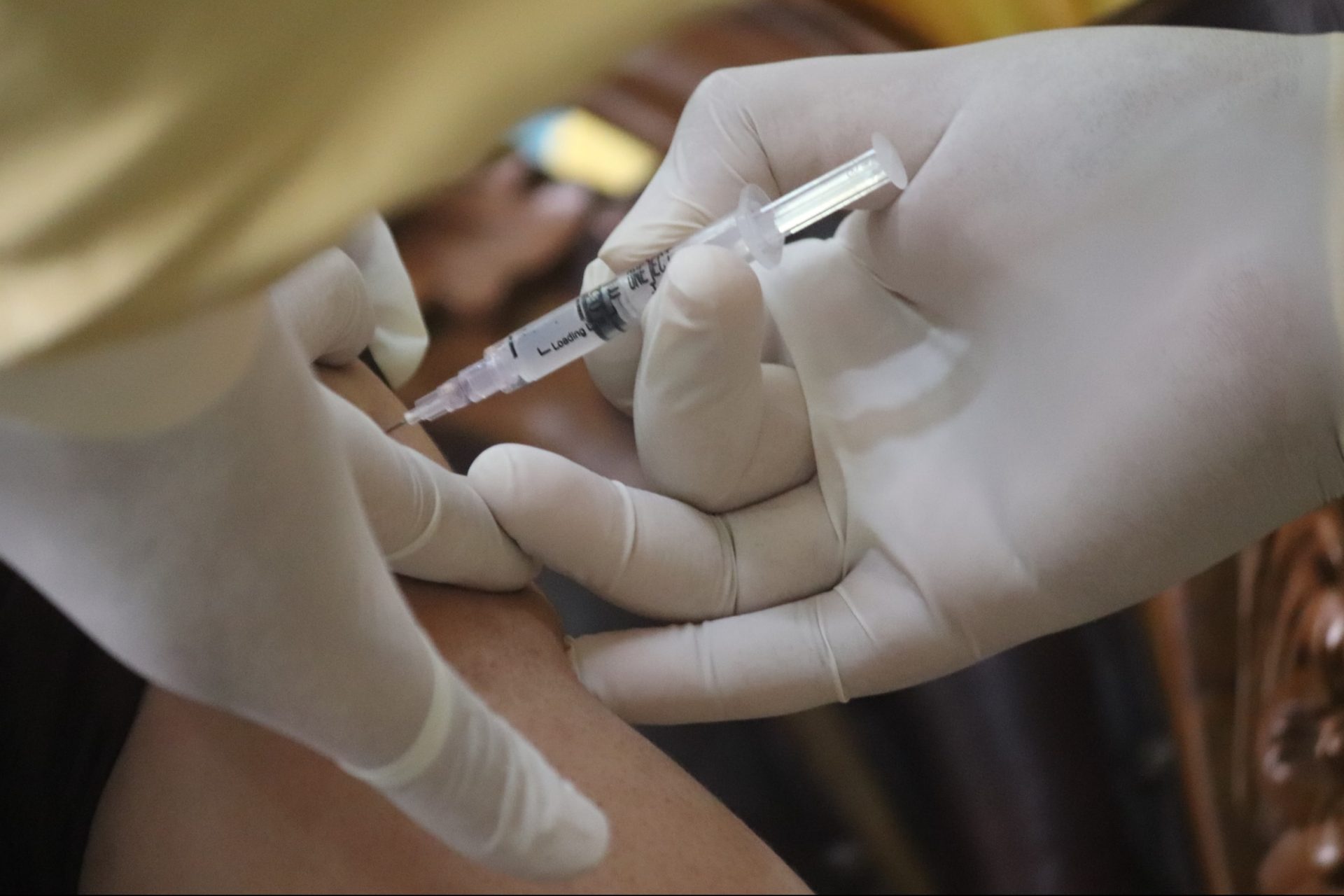With many EU countries temporarily halting the Oxford/AstraZeneca Covid-19 vaccine last week (11 March) due to cases of blood clots, public scepticism about it increased in the UK.
While the vaccine has now been cleared by the EU drugs regulator as ‘safe and effective’, SSPSSR Reader in Sociology Dr Joy Zhang – an expert in the transnational governance of scientific uncertainty – called for scientific data to be made more accessible to the public in order to ease people’s concerns.
She said: ‘The AstraZeneca case is both political and scientific and I understand the precautions taken by both sides. Scientifically we want to understand more about the virus and the vaccines. Politically we want to consolidate people’s trust.
‘I believe that in the AstraZeneca case the media play a fundamental role in shaping how questions are asked and how we seek answers. In times of crisis, we must ensure that the public and the media can ask questions and express different points of view, guided however by the original objective which is the resolution of the problem and not sensationalism.
‘I am concerned that the consequences can be much wider, and that from AstraZeneca alone they can then raise doubts about all the other vaccines. It is very important that the media remain cautious.
‘Sometimes we underestimate people’s ability to analyse and criticise. When you fail to make sense of the problem that is presented to you, it is obvious that doubts and scepticism emerge. We want to make scientific data not only more accessible but also more understandable and for this it is necessary to equip people with the tools to evaluate the data presented to them.’
Dr Joy Zhang is a Reader in Sociology at the School of Social Policy, Sociology and Social Research. Her expertise is on the transnational governance of scientific uncertainty, with a focus on the Sino-European context. Conceptually, her work contributes to the sociological investigations on Cosmopolitanism and subaltern politics, for her research focuses on the breaking down of epistemic boundaries formed by disciplinary, geo-political and state-society power struggles.

